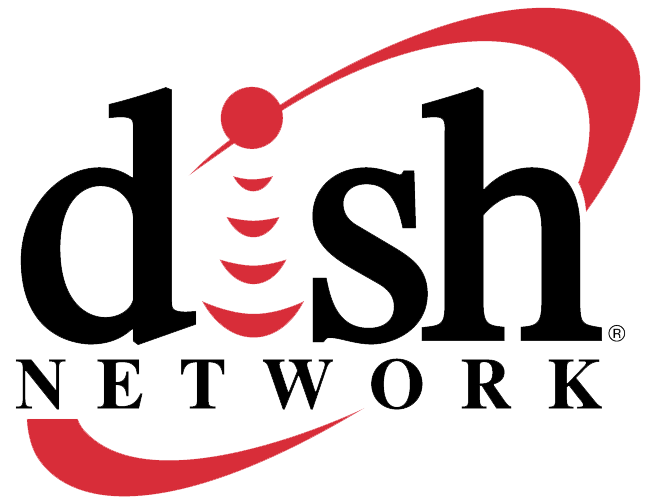Fox Turns Supreme Court Win into Legal Hammer
posted Saturday Jun 28, 2014 by Scott Ertz

Fox is pretty excited about their Supreme Court win over Aereo. They're so excited in fact that they've taken the ruling on the road, trying to apply it to their case against Dish Network.
Dish Network has a family of devices which they call The Hopper. In addition to automatically skipping commercials on the DVR, The Hopper also has Slingbox technology built into it. This technology gives users the ability to watch their recorded and live content remotely.
Fox has claimed that this ability violates Copyright law. Citing the Supreme Court ruling, Fox has filed new papers with the appeals court handling the case.
In Aereo, the Supreme Court held that Aereo's unauthorized retransmission of Fox's television programming over the Internet constitutes an unauthorized public performance of Fox's copyrighted works. Dish, which engages in virtually identical conduct when it streams Fox's programming to Dish subscribers over the Internet-albeit also in violation of an express contractual prohibition-has repeatedly raised the same defenses as Aereo which have now been rejected by the Supreme Court. Among other things, the Supreme Court rejected Aereo's argument... that it is merely an equipment provider and that Aereo's subscribers were the ones transmitting content over the Internet to themselves.
Dish Network and Sling believe that this is a different scenario. In the case of Aereo, there was no paid agreement for content. Aereo was picking up transmissions over-the-air and rebroadcasting them over the Internet without permission. In Dish Network's case, users are paying for a satellite television subscription which is first broadcast to the home.
Fox believes that this is tantamount to a public performance. Dish Network believes that this is private, personal use. Dish Network has responded to the court saying,
The first distinction lies in the Court's constant refrain that Aereo looks just like the cable companies Congress intended to cover with the Transmit Clause, which took signals off the air and retransmitted them to the public without authority or payment. Dish pays retransmission fees to Fox-Sling does not implicate pirating signals. Customers pay for the right to receive works, with Fox's authorization, and do receive them at home before sending them to themselves.
Despite the Supreme Court ruling against Aereo, I would guess that this case is not yet over. There are enough differences between the two that the judge can probably not cite case law. However, if the ruling is an indication of legal trend, it doesn't look good for Dish Network or The Hopper.

